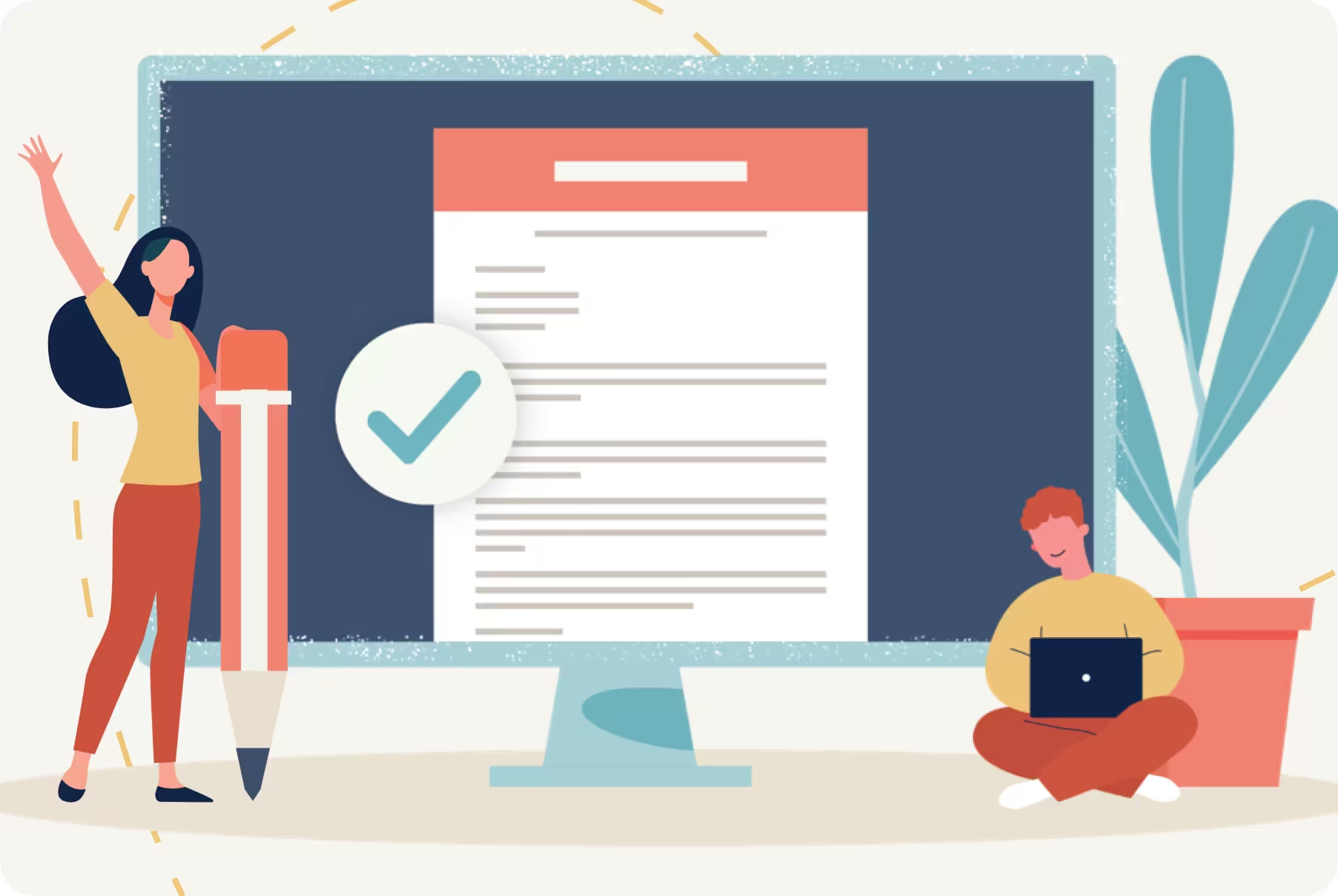Finding your first job is always a bit overwhelming and stressful. Almost everyone faces this confusing situation on their journey to find that initial position. There are so many things to do—preparing for interviews, proving why you might be a good match for a company without any experience and much more.
Regardless of the profession you choose, you will undoubtedly face this situation. But today, we’re going to focus on civil engineers and discover key tips on how they can enhance their chances of being hired for the first time.
If you’re on your way to finding a job as a civil engineer and are feeling all the emotions mentioned above, you’re in the right place. Let’s tap into this article and explore useful steps you can take.
Build a Portfolio
Think of your portfolio as your visit card. There’s no way to succeed without a solid one in place. But don’t worry—no one expects you to have an extensive and robust portfolio right away. However, even as a new hire, you should create a simple yet effective one.
As a civil engineer, you will probably have projects, designs, and achievements that are worth documenting. For example, it can be university projects, freelance work, or internships you participated in. Be sure to include all these activities in your portfolio, along with a brief description of each project to highlight your contribution.
Update Your Resume and Cover Letter
When sending a resume, be sure it’s updated. It should include all the projects you’ve covered, the training you’ve participated in, your education, and other skills. Prepare to adjust your resume and cover letter for the specific job requirements you are applying for. This way, you will make it more relevant to the current employer.
Also, make sure you clearly mention your contact information on your resume, including your email and any social media platforms where recruiters may contact you.
Utilize Job Finding Portals
The next step in finding your first job as a civil engineer is leveraging appropriate portals. For example, you might try Kablio’s platform to discover plenty of job opportunities in your niche.
The best part about this portal is that there’s no need to scroll through endless announcements to find your desired options. Instead, it recommends jobs that align with your preferences.
It’s also worth using LinkedIn for that purpose. Here, you can showcase your portfolio and establish a network.
Attend Open Events
There are plenty of networking and job opportunities at open events for civil engineering. Here, you can connect with industry professionals and potential employers, plus discover valuable insights into the field and available positions. These events can help you refine your goals and clarify the type of work you’d like to pursue as a civil engineer.
And last but not least, these events are typically free to attend. Skipping them would be a missed opportunity to grow and make connections.
Be Prepared to Negotiate Salary
Though you’re about to take on your first job responsibilities, it doesn’t mean you should shy away from negotiating your salary. This is an important step. It’s crucial to have a clear understanding of your gross and net pay. This way, you can plan your spending accurately and know exactly what your budget will look like.
To get a sense of your salary after taxes, you can review your pay stub. You might wonder, what is a pay stub? As a quick side note, it’s a document that proves your income. Typically, payroll platforms offer automatic calculation features, giving you a clear picture of your overall earnings and tax deductions.
Prepare for the Interview
The first impression matters, and an initial interview is the perfect moment to make a good impression on your potential employer. Ideally, during an interview, you should showcase your strengths and knowledge, as well as demonstrate your enthusiasm for the role. Show that you’re really motivated to expand your skill set and excel in the position.
Be prepared to answer some technical questions about civil engineering. Additionally, be ready to provide solid answers about your personal qualities, such as your strengths and weaknesses.
Finally, make sure you have at least a basic understanding of the company you are interviewing with. After all, it’s difficult for employers to hire someone who isn’t aware of where they want to work.
Wrapping Up
Finding your first job as a civil engineer may seem a bit stressful and confusing. That’s normal. Everyone feels the same way about their first job interviews and potential hiring. We’ve discussed key steps you should take to increase your chances of being hired.
So, once again, start by building a strong portfolio, be well-prepared for interviews, and, of course, don’t forget to attend industry events to expand your network.

